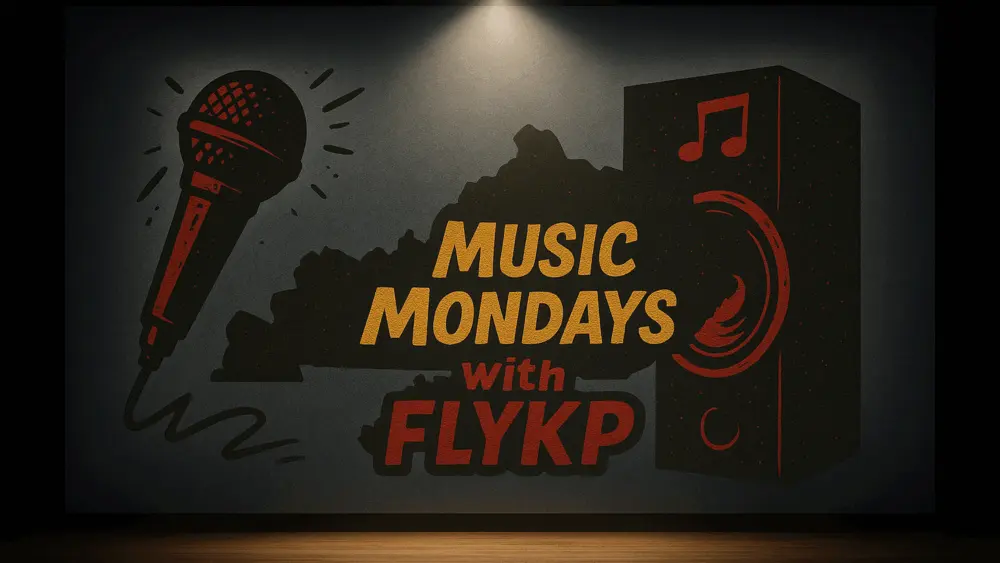
Have you ever noticed how much easier it is to get what you want when you give people a reason? It turns out, persuasion doesn’t always require a long speech, flashy pitch, or convincing argument. Sometimes, it comes down to one simple word: because.
Psychologists have studied this effect for decades. In one famous experiment, people waiting in line for a copy machine were much more likely to let someone cut ahead if the request included a reason—even if the reason was obvious. For example, “Can I cut in line because I need to make copies?” worked nearly as well as “Can I cut in line because I’m running late.” The key wasn’t the quality of the reason, it was the presence of the word because.
Why does this work? Our brains are wired to respond positively when we hear explanations. A reason—even a simple one—signals respect, clarity, and justification. It makes the request feel more legitimate and less random.
You can apply this hack in everyday life: asking your boss for extra time on a project, persuading a friend to choose your restaurant, or even negotiating with your kids. Instead of a plain request, add a because. It shows thoughtfulness, increases your chances of getting a yes, and makes communication smoother.
Next time you need a favor or want to win someone over, don’t just ask—give them a because. It’s one small word that turns requests into results.






